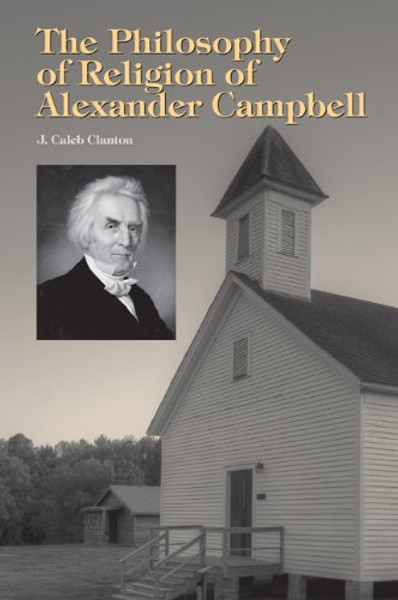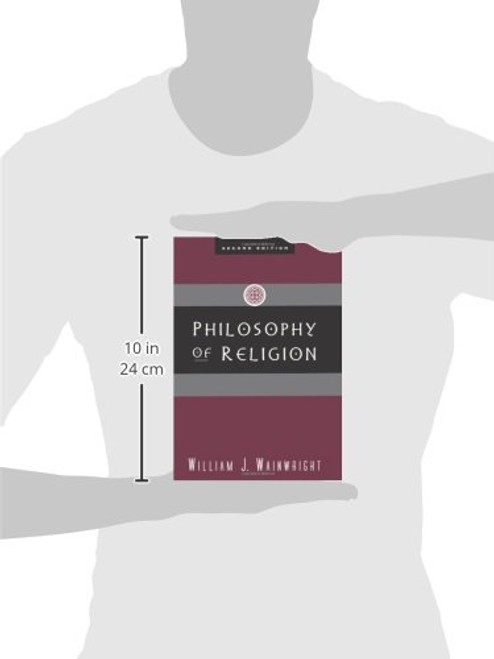Product Overview
Well known for the important role he played in the American Restoration Movement, AlexanderCampbell was one of the most respected and influential religious figures of 19th-centuryAmerica. Although Campbells legacy as a religious leader and theologian has been widelyacknowledged and documented, his contributions as a philosopher of religion have been largely neglected.
The Philosophy of Religion of Alexander Campbell reintroduces readers to Campbell as aphilosopher of religion and explores the philosophical basis for the views underlying hisreligious movement. It begins with a highly readable discussion of Campbells role inantebellum American religion and proceeds to an exploration of his philosophical influences. J.Caleb Clanton then reconstructs, explains, and evaluates Campbells philosophy of religion. Hecritically examines Campbells unique, revealed-idea argument for the existence of Godthat is,if God did not exist, we could not form the distinct idea of God. Clanton goes on to exploreCampbells defense of miracles, including the resurrection of Christ, and his responses to theproblem of evil and the problem of divine hiddenness. The final and most speculative chaptercollects and synthesizes from scattered writings Campbells view on morality and religionnamely that there is no morality without Godwhich has proven difficult to defend onphilosophical grounds.
With this book, the author makes a unique and important contribution to the literature ofthe Stone-Campbell movement. Clanton presents Campbells views strictly in philosophicalterms and evaluates them from a philosophical perspective without regard to religiousapologetics. In doing so, he illuminates previously unexplored dimensions of Campbell and hiswork, both historically and theologically, and clearly validates Campbells inclusion incontemporary discussions of the philosophy of religion.
The Philosophy of Religion of Alexander Campbell reintroduces readers to Campbell as aphilosopher of religion and explores the philosophical basis for the views underlying hisreligious movement. It begins with a highly readable discussion of Campbells role inantebellum American religion and proceeds to an exploration of his philosophical influences. J.Caleb Clanton then reconstructs, explains, and evaluates Campbells philosophy of religion. Hecritically examines Campbells unique, revealed-idea argument for the existence of Godthat is,if God did not exist, we could not form the distinct idea of God. Clanton goes on to exploreCampbells defense of miracles, including the resurrection of Christ, and his responses to theproblem of evil and the problem of divine hiddenness. The final and most speculative chaptercollects and synthesizes from scattered writings Campbells view on morality and religionnamely that there is no morality without Godwhich has proven difficult to defend onphilosophical grounds.
With this book, the author makes a unique and important contribution to the literature ofthe Stone-Campbell movement. Clanton presents Campbells views strictly in philosophicalterms and evaluates them from a philosophical perspective without regard to religiousapologetics. In doing so, he illuminates previously unexplored dimensions of Campbell and hiswork, both historically and theologically, and clearly validates Campbells inclusion incontemporary discussions of the philosophy of religion.







